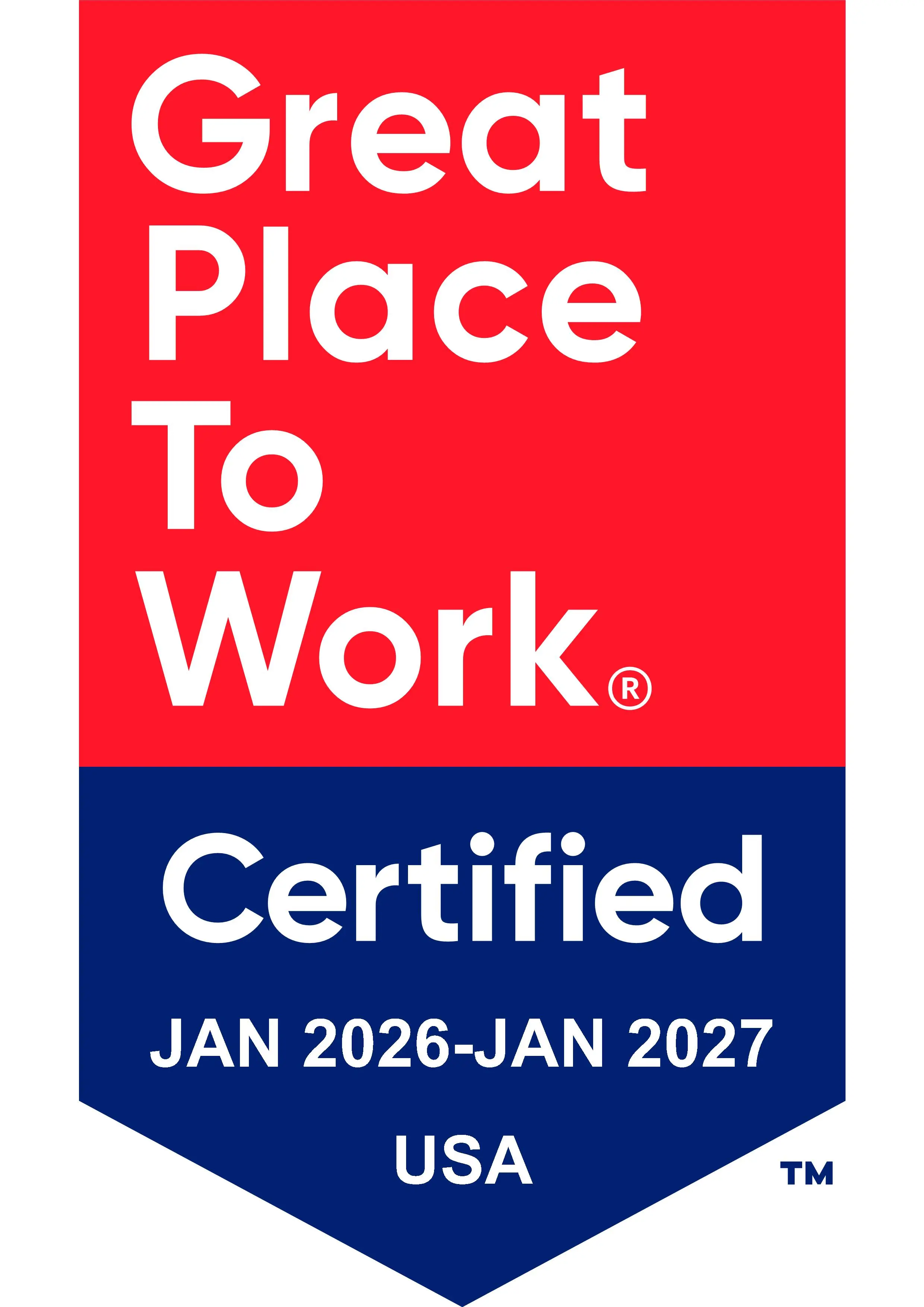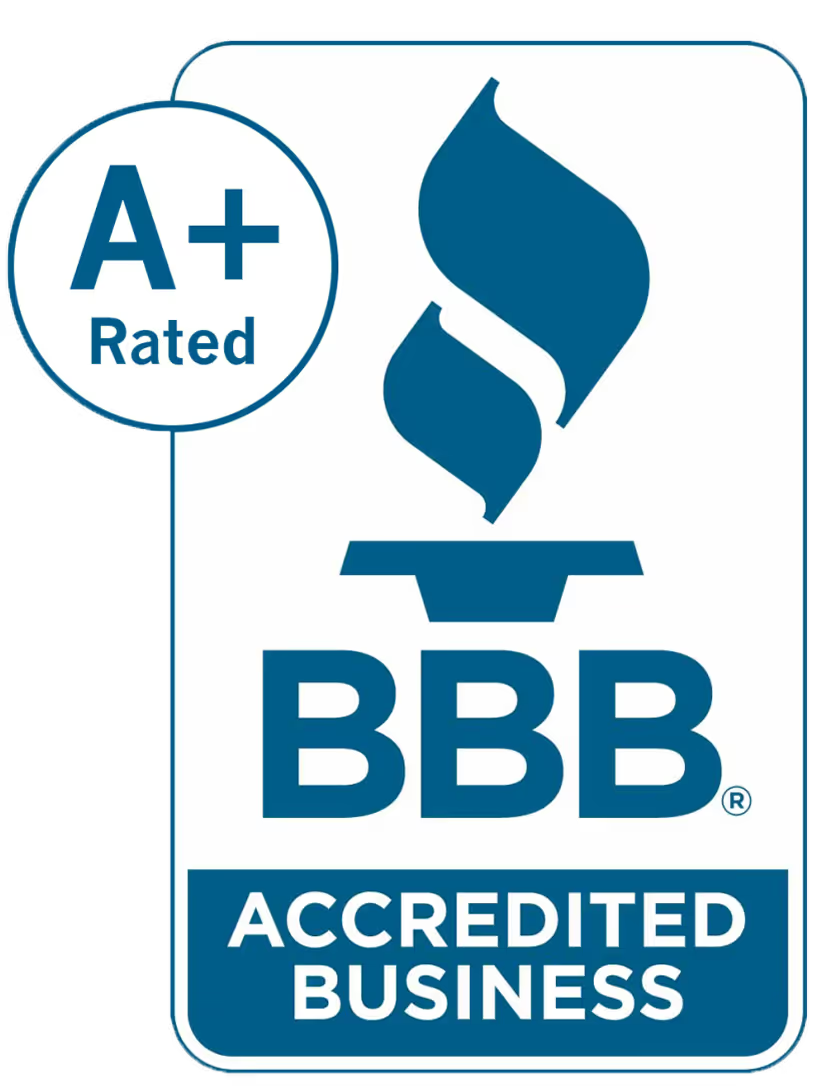Does an HOA Need a Management Company?
HOAs get a bad rap. To some, they’re the embodiment of suburban overreach—a group of neighbors telling other neighbors what color their front door can be. To others, they’re the reason property values stay high and communities feel safe, clean, and cohesive.
The truth? HOAs are a strange hybrid of small-town government, corporate boardroom, and social club—all wrapped up in a volunteer-led package. It’s a system designed to maintain order, but it often ends up feeling more like organized chaos.
So, the million-dollar question: Does an HOA need a property management company? Let’s dig in.
Understanding the Role of an HOA
At its core, a homeowners association (HOA) exists to protect property values, maintain common areas, enforce rules, and foster a sense of community. Sounds simple, right? Not exactly.
The reality is that running an HOA is a lot like running a small business—there are budgets to manage, contractors to hire, legal compliance to navigate, and a long list of homeowner expectations to juggle. It’s a volunteer-driven enterprise, often managed by well-meaning board members who have day jobs, families, and (hopefully) hobbies outside of HOA matters.
That’s where the strain begins.
What Is a Property Management Company?
A property management company (or HOA management company) is like the operations team for an HOA board. They take on the day-to-day homeowners association tasks—handling finances, coordinating vendors, managing maintenance, and fielding homeowner questions—so the board can focus on association decision-making and strategy.
A good HOA manager is the glue that holds it all together. They’re part project manager, part customer service rep, part financial analyst, and part diplomat. They make sure the landscapers show up, the pool stays clean, the bills get paid, and the homeowners get answers when they have questions.

Benefits of Hiring a Management Company for an HOA
So, what’s the upside? Here’s what an HOA management company can bring to the table:
Expertise in Community Management
Most HOA board members don’t have professional experience in property law, accounting, vendor contracts, or risk management. An HOA management company does. They’ve seen it all—roof leaks, budget shortfalls, neighbor disputes—and they know how to navigate those issues efficiently and in compliance with the law.
Time and Cost Efficiency
Sure, an HOA can self-manage, but at what cost? Board members often spend hours every week just keeping up with emails, maintenance requests, and financial reports. A property management company streamlines processes, negotiates better vendor rates, and reduces costly mistakes. It’s an investment that can save time, money, and sanity in the long run.
Handling Day-to-Day Operations
From coordinating repairs after a storm to sending out notices for the upcoming annual meeting, a management company handles the nitty-gritty so the board doesn’t have to sweat the small stuff. They also serve as the first point of contact for homeowners—answering questions, resolving issues, and keeping everyone informed. That’s critical because clear, consistent communication is the heartbeat of a healthy HOA. Without it, small misunderstandings can spiral into major disputes.
.jpg)
Potential Drawbacks of Hiring a Management Company
It’s not all sunshine and streamlined processes. Here’s the flip side:
Costs and Fees
Hiring a management company isn’t free, and some communities worry about the budget impact. Management fees vary depending on the size and complexity of the HOA, but they are a significant line item in the association’s budget. However, it’s worth weighing that cost against the value of professional support and risk reduction.
Reduced Direct Control Over Operations
For some boards, there’s a sense of pride in running the community themselves. Bringing in a management company means trusting an outside team with the day-to-day details and responsibilities, which can feel like a loss of control. The key is finding a management partner who works in alignment with the board, not in place of it.
When an HOA Can Manage Without a Management Company
Not every community needs full-service HOA management. Here’s when a self-managed model can work:
Small Communities with Active Volunteer Boards
If your HOA has fewer than, say, 20 homes and a dedicated board with diverse skill sets (an accountant, a lawyer, a contractor, and a communications pro would be ideal), self-management can be feasible. But it’s rare. Burnout is real, and even the most committed boards can struggle with time constraints and operational challenges.
Self-Managed Communities and Their Responsibilities
Self-managing an HOA means the board is responsible for everything: collecting dues, enforcing rules, coordinating repairs, reviewing contracts, and maintaining compliance with state and federal laws. It’s a lot to ask of volunteers, and the risks—financial penalties, legal exposure, and strained neighbor relationships—are real.
That’s why many self-managed communities turn to HOA management software like SnapHOA. These tools can help streamline processes by offering features like online dues collection, maintenance request tracking, document storage, and even communication portals for residents. For small HOAs that want to stay independent but need a little operational muscle, software can be a game-changer. Still, it’s important to remember: software is a tool, not a team. Even with the best platforms in place, someone has to handle the day-to-day decisions and homeowner communication.
How to Decide if Your HOA Needs a Management Company
Start by asking the tough questions:
- Is our board overwhelmed by day-to-day tasks?
- Do we have the expertise to handle financials, legal issues, and vendor negotiations?
Are we communicating effectively with homeowners?
- Have we faced fines, legal disputes, or maintenance delays due to association mismanagement?
- Could a professional team free up our time and reduce stress?
If the answer is “yes” to any of these, it’s time to consider the benefits of hiring a management company.
Weighing the Pros and Cons for Your HOA
Every community is different, but one thing is universal: managing an HOA is a big job. The right management company doesn’t just take tasks off your plate—they bring expertise, structure, and clarity to the process. They help boards lead effectively and communities thrive, while ensuring that when things go sideways (and they always do at some point), there’s a plan in place.
So, does your HOA need a management company? That’s a decision only your board can make. But if you’re feeling stretched thin, losing sleep over budgets, or spending more time mediating disputes than enjoying your community, it might be time to make the call.
Check out our podcast library
Check out podcast






.svg)









